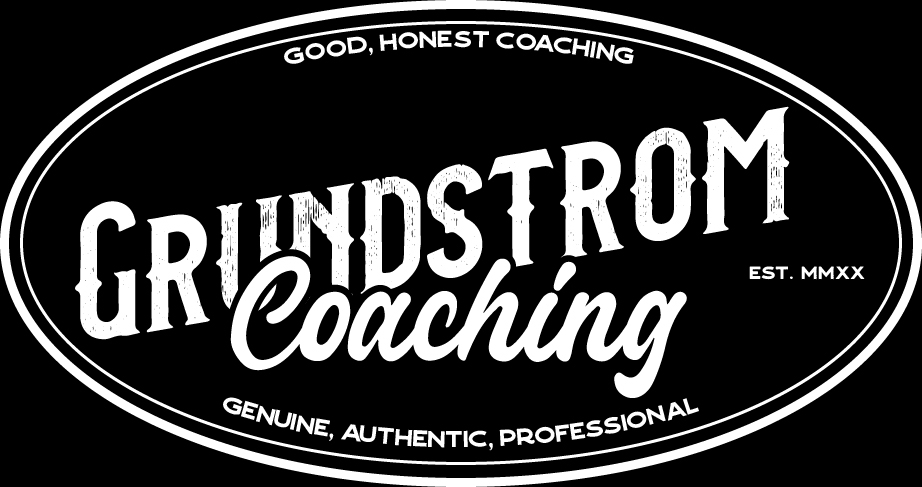
A common recurring theme I come across when it comes to creating a future to believe in and to strive for is quite simply “fear”. Even if the current situation is obviously damaging, not leading anywhere, and causing more issues than it solves, there’s always a fear around giving up the familiar. This leads to indecision, a status quo, and ultimately a sense of being unfulfilled.
Better the devil you know
Fear of change is easily summed up by that simple old saying. It is the devil we know, and we don’t want to replace it with another, potentially worse, devil. No matter how bad the current situation is it does have some very straightforward benefits:
- It’s habit: We’ve built our lives around it, changing things might have ripple effects we haven’t foreseen.
- It’s comfortable: The accept change we might have the face some major challenges, to our beliefs, our narrative, and our world view. Or we could have to face going outside for a run in the cold and rain.
- We have something to gain from it: Usually this is financial security, even if it’s potentially less than we could achieve in a new future. It could also be something which enforces our world view, beliefs, and narrative.
The pay-off
These things are all what’s called “pay-offs”. Consider a chimpanzee pressing the right buttons on a machine in order to get food, that’s a clear pay-off. Pay-offs like this are extrinsic; like a salary, or immediate praise, or even losing weight if that’s the goal. We can see the result.
Other pay-offs are intrinsic and less obvious, especially around self-worth, beliefs, and narrative. Reinforcing our beliefs and our narrative of “who we are” can be a massive pay-off, even if it’s based around low self-esteem and lack of confidence. For some behaviours the pay-off is actually directly detrimental to us, such as engaging in self-harming behaviour for attention. Other things can be things like comfort eating, excessive alcohol intake, or even actually excessive exercise. If you think about how your various behaviours are rewarded, you’re able to identify the true pay-offs behind it.
Once that pay-off is established we can analyse it: is it actually beneficial? Where does it come from? What is it that I actually need?
Facing your fears
Like most things we face up to, once we do we realise that they’re not as we first imagined them. Fear about losing a steady income could stop us from doing something infinitely more rewarding which could ultimately lead to higher financial reward. Fear of criticism or judgement could stop us from really showing who we are. Fear of failure is basically creating an imaginary future and seeing it fail before we even attempt it (see the posts on confidence).
Coaching lets you explore your fears, drag them out into the light, question them, and properly face them. Once you’ve established what it is you truly need you can build strategies to get this in ways which are based around your own choices and values.

